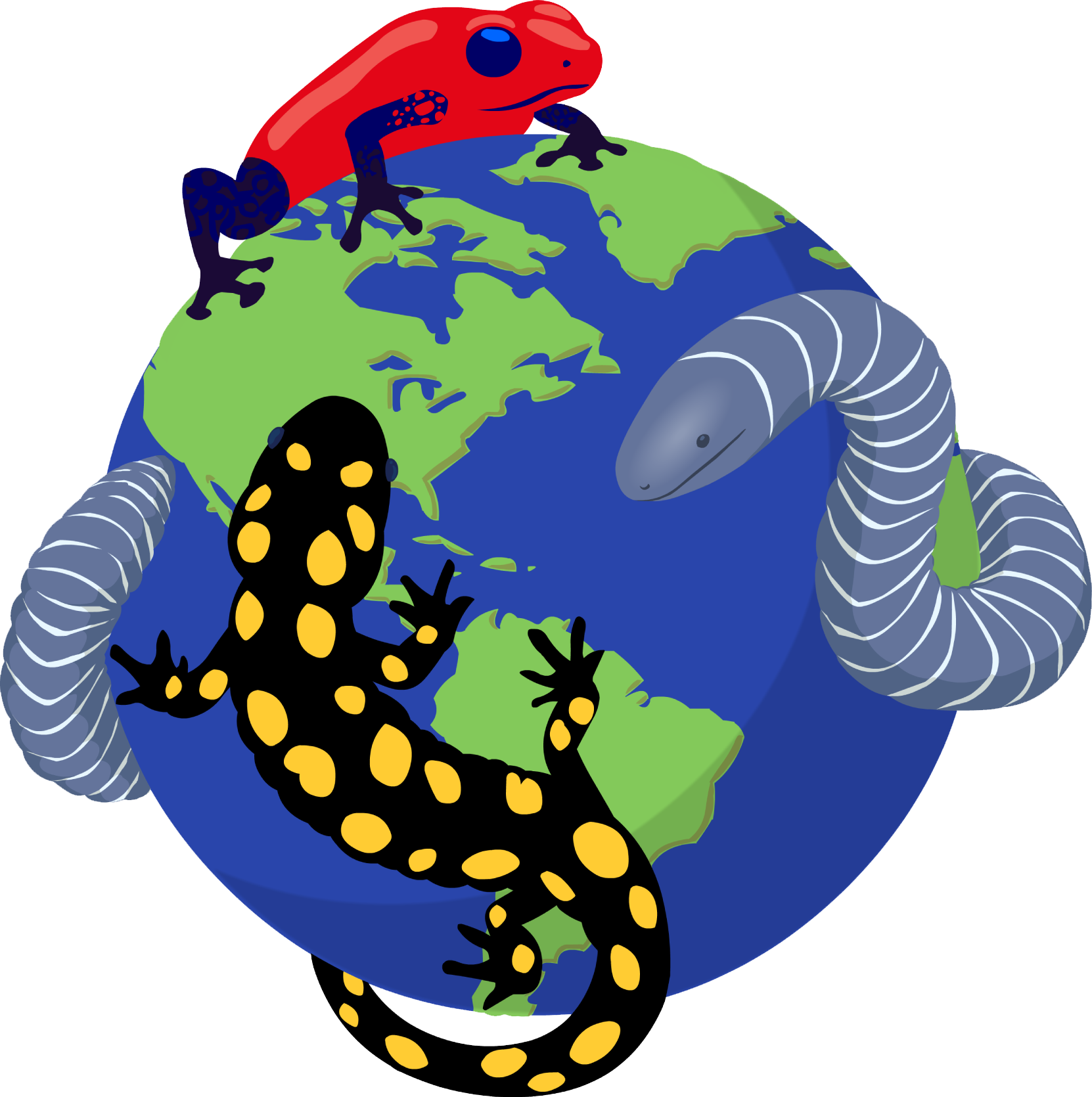Caligophrynidae |
1 species in 1 genus
Known only from the elevated mountain (tepui) called the Neblina massif in northern Brazil, the family Caligophrynidae was described in 2023 by Fouquet et al. The sole member species is distinguishable from its sister family Brachycephalidae mostly on the basis of molecular characters (Fouquet et al 2023). They state that there are no set of synapomorphies for this family but rather the unique combination of phenotypic characters which distinguish this family.
This family represents an ancient lineage of frogs known only from an isolated massif which Fouquet et al (2023) characterize as 'museums' or evolutionary refugia for "the diversification of Brachycephaloidea and of Neotropical biotas more broadly, in line with the influential 'Plateau theory'" or 'Lost World Theory' (named after Sir Arthur Conan Doyle's famous story of the same name). This postulates that fragmented areas of repeated geographic, climatic, or other environmental isolation over long periods of time may favor allopatric speciation and maintain lineages through time.
Written by AmphibiaWebNotable Family Characteristics
- Currently monotypic with one known species
- All known specimens found above 2,000 m asl on Neblina massif in Brazil in open grassy habitat
- An individual observed guarding a clutch of eggs in 1984 provides evidence of direct development and possible parental care in Caligophryne doylei
Relevant Reference
Fouquet A, Kok PJR, Recoder RS, Prates I, Camacho A, Marques-Souza S, Ghellere JM, McDiarmid RW, Rodrigues MT. 2023. Relicts in the mist: Two new frog families, genera and species highlight the role of Pantepui as a biodiversity museum throughout the Cenozoic. Molecular Phylogenetics and Evolution, 191, https://doi.org/10.1016/j.ympev.2023.107971.
Genus Caligophryne (1 species)
Caligophryne doylei no account no photos no sound/video
Citation: AmphibiaWeb: Information on amphibian biology and conservation. [web application]. Berkeley, California: AmphibiaWeb. Available: https://amphibiaweb.org/. (Accessed:
AmphibiaWeb's policy on data use.
